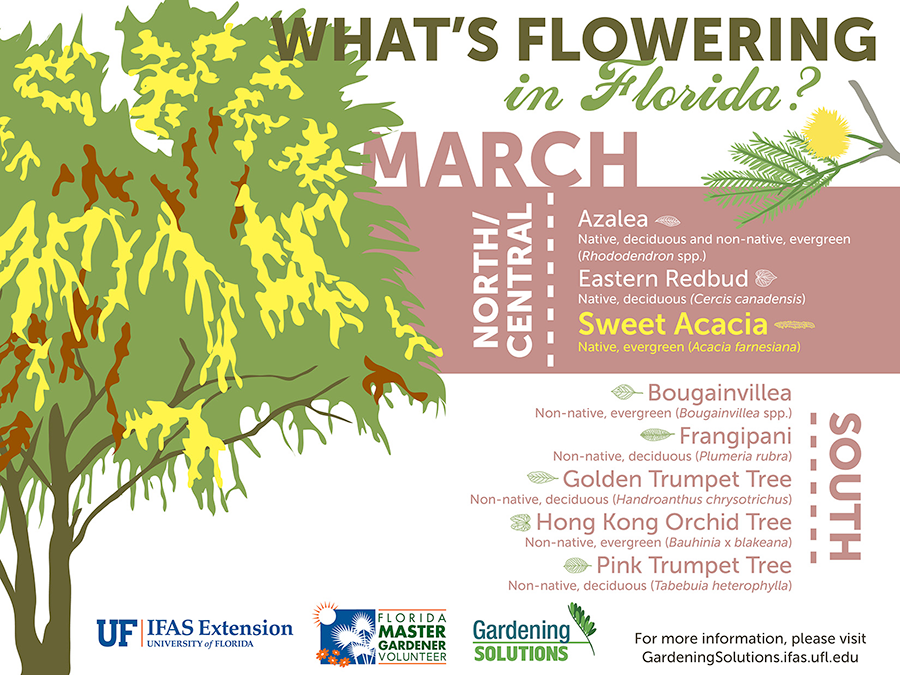The Ecological Effect Of Tree Removal: What You Should Know
The Ecological Effect Of Tree Removal: What You Should Know
Blog Article
Authored By- https://precision-timber-felling.s3.amazonaws.com/index.html
When it concerns the ecological impact of tree removal, there are vital aspects that require your focus. From the detailed web of connections within environments to the succeeding impacts on environment patterns, the consequences are profound. You could be surprised to uncover the detailed ways in which the removal of trees can reverberate throughout the setting. Stay tuned to unwind the intricate connections and implications of this seemingly uncomplicated act.
Logging and Habitat Loss
Deforestation and habitat loss are vital concerns stemming from tree elimination. When trees are lowered, it interrupts entire environments. Not only are the trees themselves lost, but the homes and food resources of many plant and pet varieties are damaged too. Birds shed their nesting sites, creatures shed their sanctuary, and insects lose their habitats. The effects ripple through the food web, impacting predators and target alike.
In addition, deforestation contributes to environment change. Trees play an essential role in taking in carbon dioxide, a greenhouse gas that traps warm in the atmosphere. With fewer trees, there's much less co2 absorption, resulting in increased levels of this gas in the environment and worsening global warming.
Habitat loss is a direct outcome of logging, as the damage of woodlands implies the loss of unique and diverse environments. Several species are not able to adapt to quick modifications in their atmosphere, resulting in populace declines and, in many cases, termination.
Shielding woodlands is necessary to maintaining the fragile balance of nature and making certain the survival of many plant and animal types.
Influence on Biodiversity
The removal of trees has a significant effect on biodiversity, influencing the selection and abundance of plant and pet species in a location. Trees offer environment and food resources for various organisms, from insects to birds to creatures. When trees are gotten rid of, these species shed their homes and sources of nourishment, causing a decrease in their populations. This interruption can have cascading impacts on the whole community.
Moreover, trees play an important role in preserving biodiversity by producing microhabitats within their covers, trunks, and roots that sustain a vast array of varieties. When trees are reduced, these specialized settings are damaged, minimizing the overall variety of the location.
Furthermore, the elimination of trees can bring about a decline in hereditary diversity within plant populaces, as particular tree types might no more be able to duplicate or spread effectively. Protecting trees and woodlands is crucial for maintaining biodiversity and making certain the health and wellness of communities for future generations.
Soil Erosion and Environment Change
With trees being gotten rid of from a location, the disturbance of dirt structure and stability occurs, resulting in increased soil disintegration. Trees play an important role in preventing disintegration by holding dirt in position with their origin systems. When trees are eliminated, especially in multitudes, the dirt comes to be extra prone to erosion from wind and water. This erosion not only influences the immediate surroundings however can likewise bring about sedimentation in neighboring water bodies, impacting water high quality and aquatic ecological communities.
In addition, trees help manage the climate by taking in carbon dioxide during photosynthesis. When trees are reduced, this natural carbon sink is reduced, adding to boosted degrees of greenhouse gases in the atmosphere. on front page , bring about more extreme weather occasions and disruptions in communities worldwide.
As a result, the removal of trees not just speeds up dirt erosion however likewise contributes in the larger ecological concern of climate adjustment. It's crucial to think about these elements when assessing the influences of tree elimination on the atmosphere.
Conclusion
Now that you understand the ecological impact of tree removal, take into consideration the consequences before cutting down trees. Logging interrupts ecological communities, reduces biodiversity, and contributes to soil disintegration and climate adjustment. By bearing in mind the influence of tree elimination, you can help safeguard our atmosphere and protect the delicate balance of nature. Make notified options and consider alternate remedies to reduce the negative results on our planet.
